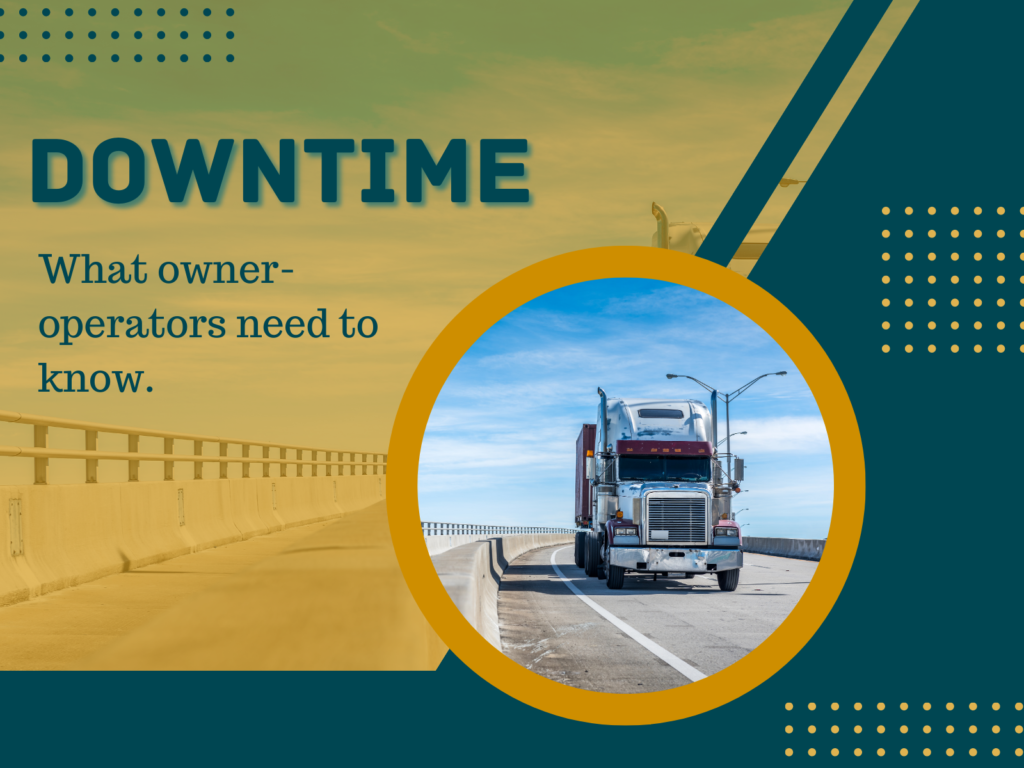You’re in an accident with another truck. The other driver admits fault, so you file a claim with their insurance company. You expect to be reimbursed for your downtime losses and repairs. The claims process should be easy, right? Sometimes yes, sometimes no.
Even if the other driver’s insurance company agrees to fully repair your truck, they may not agree to pay all of your consequential damages. The biggest loss you may have will likely be the lost income while your commercial vehicle is being repaired. This loss is often called downtime, loss of use, or lost profits. Our office commonly refers to it as downtime.
Downtime Laws
Most state laws allow pursuit of downtime claims by owner operators. Therefore, don’t settle your repair claim with the adverse adjuster without requesting reimbursement of your truck’s lost income.
Repair Checks and Releases
Caution: if you receive a check for repairs from the other party or their insurance company, double check the front and back. If there’s any release language on it or on any enclosed letter, be very careful before cashing. You don’t want to accidentally give up your rights to pursue downtime from the accident.
Calculating Downtime Losses
There are many ways to calculate a downtime claim. It’s important to compute your losses in the method that makes the most sense to your situation and business. Adverse adjusters only pay claims which have been calculated properly and have substantial back-up documentation.
You may have rights the adverse insurance company doesn’t mention. Protect yourself and your business by making sure you are made as whole as possible after an accident. If you need assistance with the calculation of your downtime losses, seek the assistance of a transportation attorney or accountant.
The information in this article in general in nature and is not legal advice. Contact an attorney for advice on your specific situation.
Author
As the lead attorney, Kelsea Eckert oversees all the downtime claims handled by Eckert & Associates, PA. She’s seen it all in her more than 30 years as a lawyer. She’s primarily worked in the transportation industry. Helping small businesses stand up to the big insurance companies makes the job meaningful for her. She’s a big believer in the value of small business and thinks they should receive the same treatment as the big guys.

